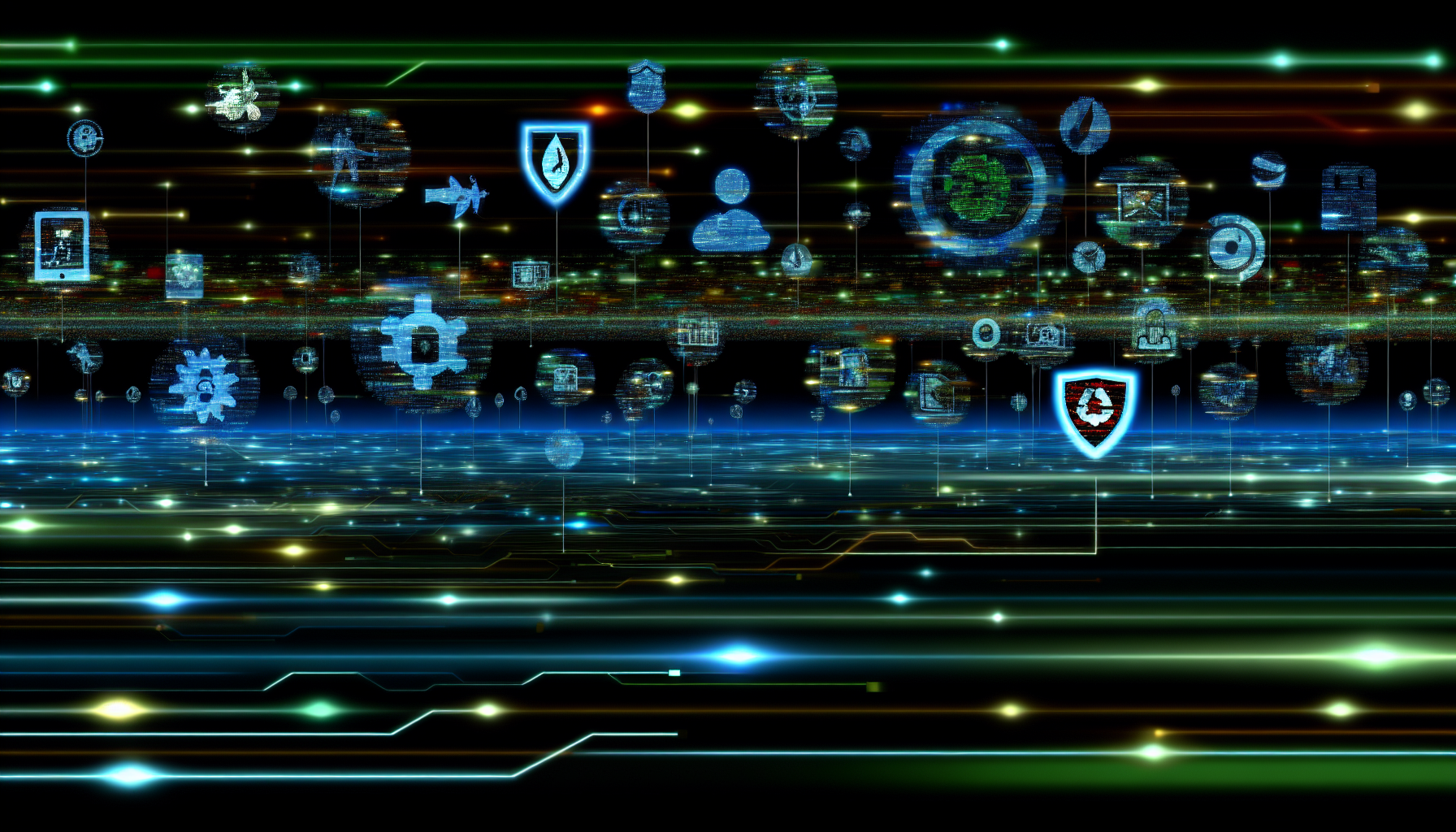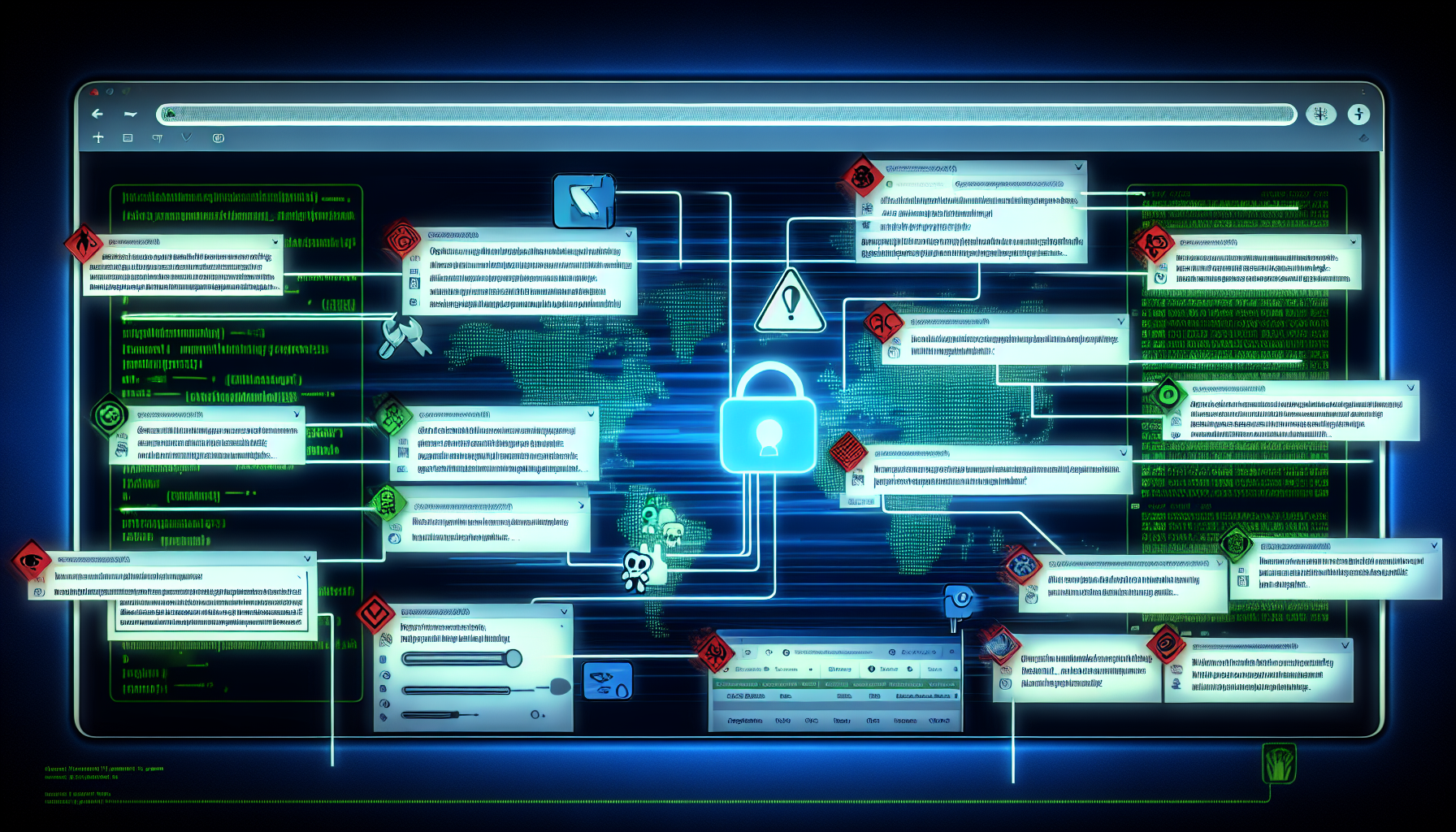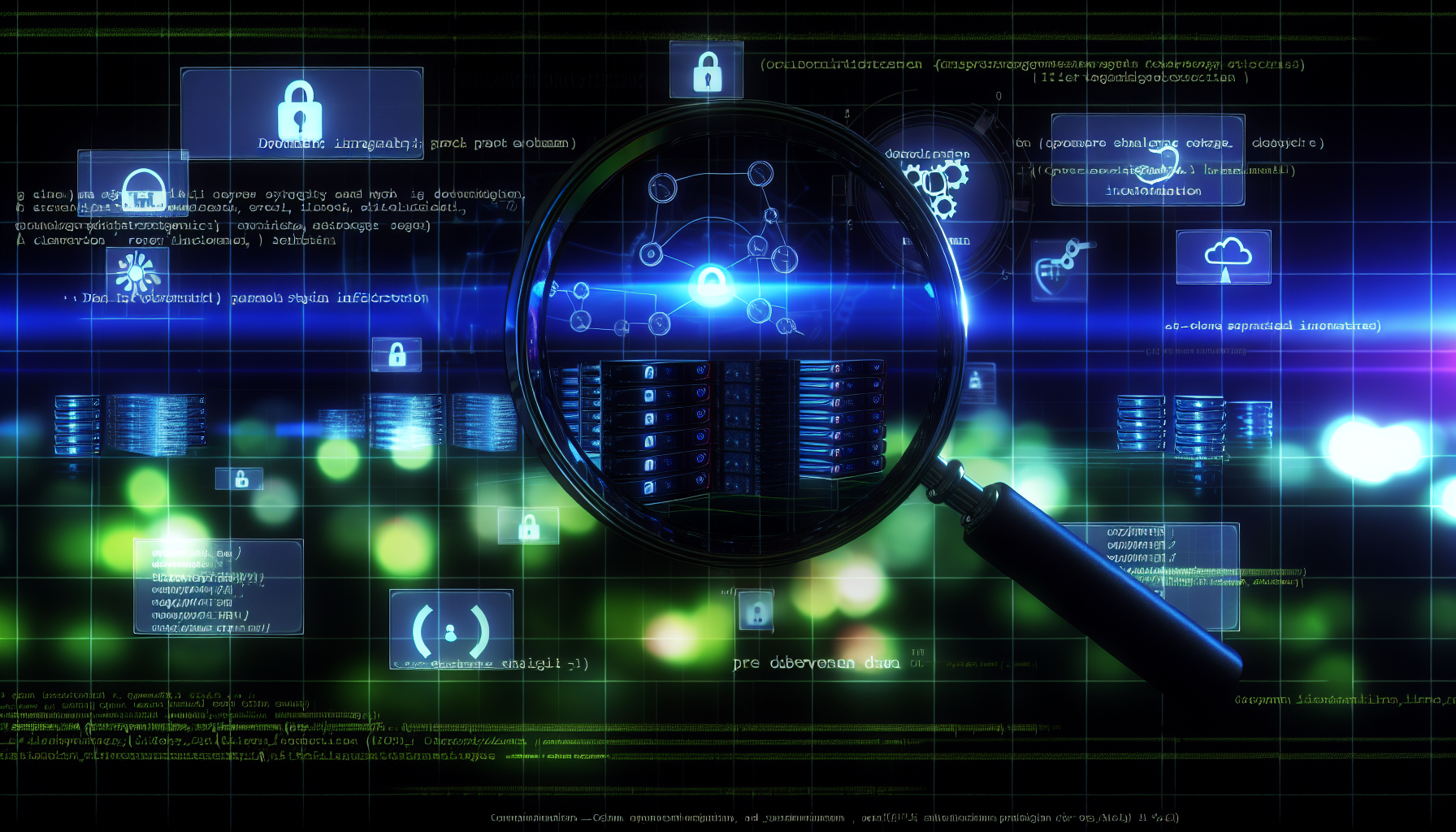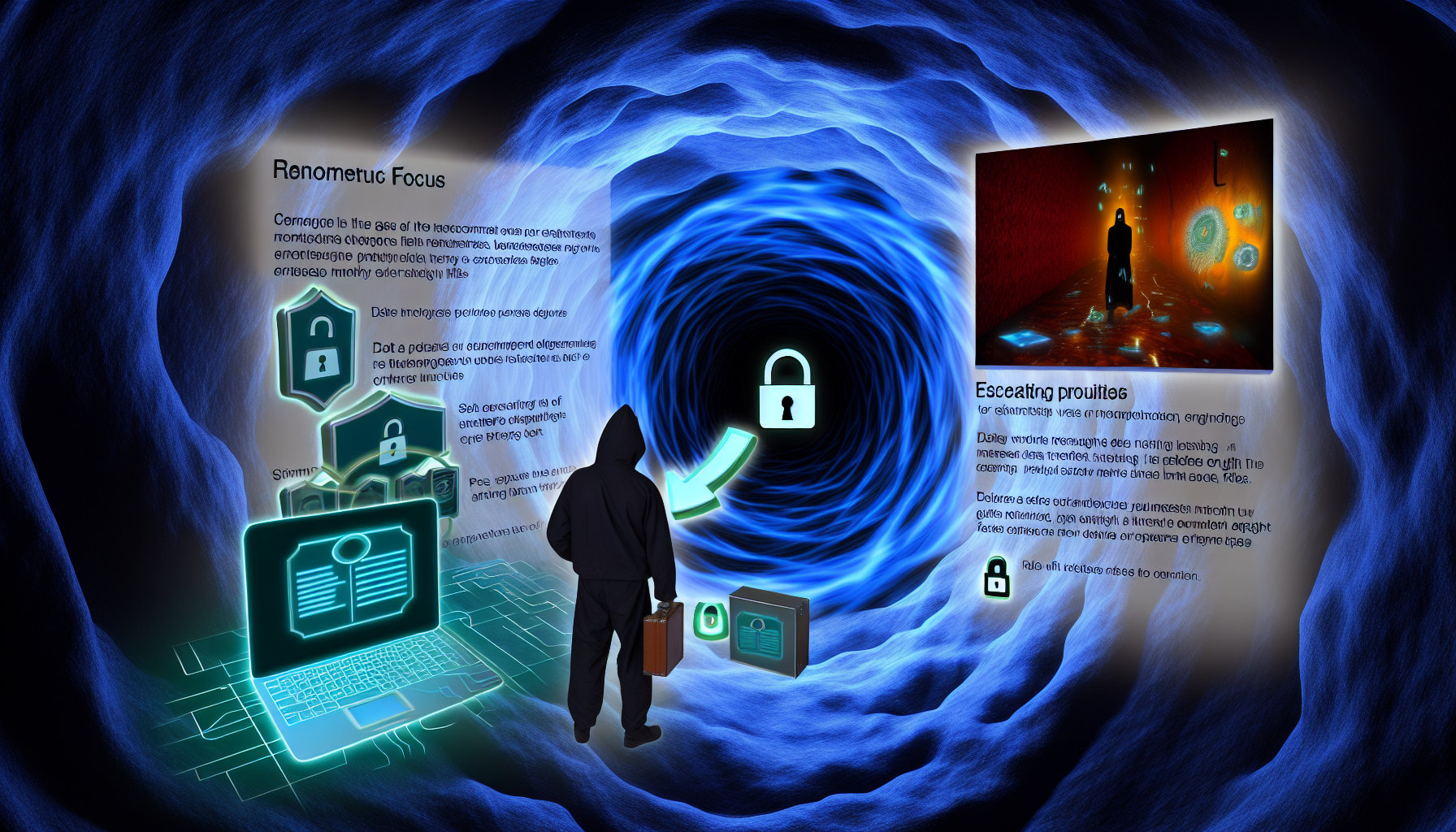In today’s ever-evolving cyber landscape, staying informed about emerging threats is crucial. The latest threat report published by AlienVault on March 8, 2025, titled ‘Russian State Actors: Development in Group Attributions,’ provides a comprehensive analysis of the activities and tactics employed by Russian state-backed cyber actors. This report is essential for security operation centers (SOCs) to understand the evolving nature of cyber threats and to enhance their defensive strategies.
The report delves into the operations of several prominent groups, including UNC2589, APT44 (Sandworm), APT29, and APT28. These actors are associated with various Russian intelligence agencies and have been involved in a wide range of activities, from global espionage to sabotage and influence operations. The targets of these groups are diverse, encompassing government organizations, critical infrastructure, and diplomatic entities across multiple countries.
One of the key insights from the report is the adaptability of these cyber actors. They continuously evolve their tactics, techniques, and procedures (TTPs) in response to new security measures. This includes the use of advanced techniques such as zero-day exploits, social engineering, and living off the land (LotL) tactics. Zero-day exploits are particularly concerning because they target vulnerabilities that are unknown to the software vendor, making them extremely difficult to detect and mitigate.
Social engineering remains a favored method among these actors due to its effectiveness in exploiting human vulnerabilities. By manipulating individuals into divulging sensitive information or performing actions that compromise security, attackers can bypass even the most robust technical defenses. Living off the land tactics involve using legitimate administrative tools already present within an organization’s environment, making detection challenging.
The report highlights several specific incidents and campaigns conducted by these groups. For instance, APT29 has been known for its sophisticated phishing attacks aimed at stealing credentials from high-value targets. These attacks often use highly personalized lures to increase the likelihood of success. Similarly, APT44 (Sandworm) has been involved in disruptive cyber-attacks on critical infrastructure, such as power grids and industrial control systems.
Understanding these actors’ methods is crucial for improving global cybersecurity resilience. The report emphasizes the importance of proactive defense strategies that include threat intelligence sharing, continuous monitoring, and regular security audits. By staying informed about the latest TTPs used by these groups, SOCs can better prepare their defenses and respond more effectively to potential threats.
The report also provides recommendations for enhancing cybersecurity measures:
1. Implement robust threat intelligence programs: Continuous collection and analysis of threat data can help organizations stay ahead of emerging threats.
2. Enhance employee training: Regular training sessions on social engineering tactics can reduce the risk of successful phishing attacks.
3. Adopt advanced detection tools: Utilize tools that can detect unusual activities and potential zero-day exploits in real-time.
4. Conduct regular security audits: Periodic assessments of an organization’s security posture can identify vulnerabilities and areas for improvement.
5. Foster international cooperation: Sharing threat intelligence and best practices with other organizations and countries can strengthen global cybersecurity efforts.
In conclusion, the ‘Russian State Actors: Development in Group Attributions’ report serves as a vital resource for SOCs seeking to understand and mitigate the threats posed by Russian state-backed cyber actors. By staying informed about their tactics and adapting defensive strategies accordingly, organizations can better protect themselves against these sophisticated adversaries.
Discover more from ESSGroup
Subscribe to get the latest posts sent to your email.





